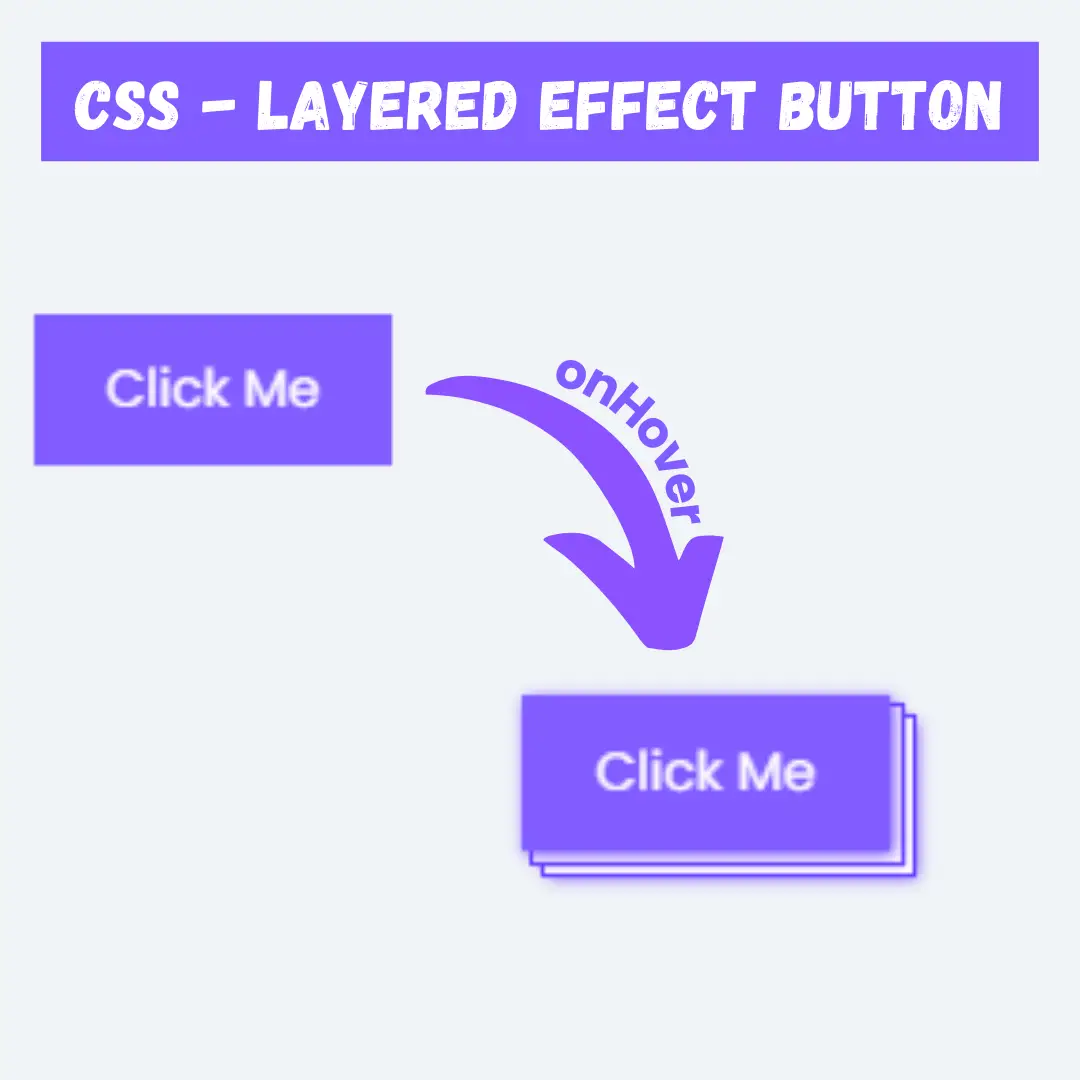There are two key differences between AngularJS and NodeJS: one is the look and feel of the framework, and the other is how they handle the processing. This article compares these two frameworks in order to help you decide which would be better for your site.

NodeJS and AngularJS are two of the most popular JavaScript frameworks. They offer very different architectures and feature sets, so it’s important to understand what these frameworks have to offer in order to make the right decision for your project. In this blog post, we’ll explore the key differences between NodeJS and AngularJS, and help you decide which one is best for your next project.
What is NodeJS?
NodeJS is a JavaScript run-time environment built on Chrome's V8 engine. NodeJS provides an event-driven, non-blocking I/O model that makes it lightweight and efficient. NodeJS is used for developing backend applications and web servers. NodeJS is designed to be lightweight, efficient, and scalable. NodeJS is used in many web applications, including Twitter, LinkedIn, and Yelp. NodeJS is also used in several open source projects, such as Express.
Features of NodeJs:
- NodeJS is built on Chrome's JavaScript runtime and uses an event-driven, non-blocking I/O model that makes it lightweight and efficient.
- NodeJS supports expressive data structures with efficient key/value operations, making it a good choice for data-intensive applications.
- NodeJS also has modules, which allow you to break your code into smaller pieces that can be loaded and executed as needed.
What is AngularJS?
AngularJS is a web development Framework that was created by Google in 2010. It is a highly modular and reuseable JavaScript platform that allows developers to create Single Page Applications (SPAs). AngularJS uses reactive programming and declarative templates to allow for rapid development of user interfaces. It integrates with popular front-end build tools like WebPack and Karma to make deployment and testing easier.
Features of AngularJS:
- AngularJS is a web application framework based on the MVC (Model View Controller) design pattern.
- AngularJS provides a respectable set of features for web applications such as routing, dependency injection, animation and partial reloading.
- AngularJS is built on top of Google's JavaScript runtime so it is fast, reliable and secure.
- AngularJS also has Ahead of Time compilation support so that the code is minified before being sent to the browser, improving page load times.
Pros and Cons of AngularJS
Pros
- AngularJS is powerful and flexible, making it well-suited for complex applications.
- AngularJS has an extensive community of developers who can help you with your project if you need assistance.
- AngularJS is fast and responsive, making it ideal for user interfaces.
- AngularJS can be used with any web development framework, such as React or Webpack.
Cons
- Some AngularJS features, such as routing and dependency injection, are not available in all browsers.
- Because AngularJS is so powerful, there may be some compatibility issues when switching from one Angular project to another.
Pros and Cons of NodeJS
Pros
- Fast: NodeJS is fast because it builds on Chrome's V8 engine.
- Easy to use: NodeJS is easy to use because it has a simple API.
- Good for small projects: NodeJS is good for small projects because it doesn't have a lot of dependencies.
- Open source: NodeJS is open source, which means that you can learn from the code and make changes.
Cons
- Not as popular as other languages: NodeJS isn't as popular as other languages, so you may face more challenges when trying to find resources or find people who know about NodeJS.
- Lacks features: Some features in other languages (such as HTML5) are not available in NodeJS.
Pros and Cons of Using AngularJS vs NodeJS
NodeJS has many advantages over AngularJS, including:
- NodeJS is faster than AngularJS in the majority of cases.
- NodeJS can handle larger applications with greater scalability than AngularJS.
- NodeJS is easier to learn than AngularJS.
On the other hand, AngularJS has the following advantages over NodeJS:
- AngularJS is more developer friendly than NodeJS. This means that fewer developer errors are possible when using AngularJS.
- AngularJS provides better support for mobile development than NodeJS. This means that angularjs apps can be easily ported to different mobile platforms such as iOS and Android.
- Angular JS scales well when additional modules are added to the application. This allows the app to grow without becoming bloated or difficult to maintain.
What Are The Key Differences Between These Two Frameworks?
NodeJS and AngularJS are two of the most popular front-end frameworks on the market. They both have their own set of benefits and drawbacks, so it’s important to understand what they are before making a decision. Here are four key differences between the two:
1. Framework Preference: NodeJS is built on the JavaScript language while AngularJS is built on HTML5. This means that NodeJS is better suited for server-side rendering (SSR), whereas AngularJS is better suited for client-side rendering (CSR).
2. Deployment: NodeJS is built for scalability and low latency, making it well-suited for web applications. AngularJS, on the other hand, is built for faster development and feedback cycles, which makes it better suited for hybrid mobile applications.
3. Development Time: NodeJS can take a bit longer to learn than AngularJS, but its scalability and low latency make it well worth the investment.
4. Tooling: NodeJS has a wider range of Integrated Development Environments (IDEs) available than AngularJS does, which makes development quicker and easier.
How to Choose Between NodeJS and AngularJS
NodeJS and AngularJS are two of the most popular JavaScript frameworks. They both offer a lot of features, but which one should you choose? In this blog section, we will compare and contrast the two platforms to help you decide which one is best for your needs.
When it comes to popularity, NodeJS is definitely ahead. It has a larger community and is more standardized than AngularJS. However, AngularJS has some significant advantages over NodeJS. First, AngularJS is much faster than NodeJS in terms of execution time. This is because AngularJS uses TypeScript as its scripting language, which compiles down to JavaScript code on the server. Second, AngularJS has better support for development tools such as web editors and source control systems. Finally, AngularJS has a broader range of features than NodeJS, making it a better choice if you need more flexibility in your application.
Ultimately, which platform you choose depends on your specific needs and preferences. If speed and flexibility are critical factors for your project, then NodeJS is likely the better choice. However, if you need more features or support from development tools, then AngularJS may be a better option for you.
Conclusion
If you're looking for a powerful JavaScript framework that can help you build web applications more quickly and easily, then NodeJS is definitely worth considering. On the other hand, if you're looking for an AngularJS-based framework that offers more features and flexibility, then it might be a better choice for you. In the end, the key difference between these two frameworks is their respective use cases. If you're only planning on building small to medium-sized web applications with NodeJS, then AngularJS might be a better choice for you. However, if you need something more powerful and versatile than what NodeJS provides, then go ahead and choose NodeJS.
That’s a wrap!
Thank you for taking the time to read this article! I hope you found it informative and enjoyable. If you did, please consider sharing it with your friends and followers. Your support helps me continue creating content like this.
Stay updated with our latest content by signing up for our email newsletter! Be the first to know about new articles and exciting updates directly in your inbox. Don't miss out—subscribe today!
If you'd like to support my work directly, you can buy me a coffee . Your generosity is greatly appreciated and helps me keep bringing you high-quality articles.
Thanks!
Faraz 😊

























